Funke Akindele’s Battle On Buka Street arrives to close out the year, and it is one of the best times Nollywood has successfully balanced a serious story and comedic delivery, a challenge to which only a few filmmakers have an answer. For too long we’ve had to endure movies that entertain for their first two-thirds only to slump when the tap of jokes is turned off and writers are forced to confront a story.
We saw a little of it as recently as two weeks ago on Far From Home, a series that shares a fair bit of its cast with this, when it switches to its kidnapping substory in its final episode. As Battle On Buka Street sauntered into its last act, having hardly placed a foot wrong that far, a justified worry for any watcher familiar with Nollywood’s Achilles heel would be if this movie would also suffer the same curse. Thankfully, Funke Akindele and Tobi Makinde are perfectly adept to both worlds, so Battle Of Buka Street will need no “by Nollywood standards” suffix after each praise — it really is that good. But enough gushing, we’re here for a review.
Battle Of Buka Street follows a multi-generational feud between two arms of a family, and it begins when a man (Nkem Owoh) makes the fatal but common error of marrying two wives (he didn’t even stop there), Ezinne (Tina Mba) and Asake (Sola Sobowale). They are constantly at loggerheads with each other, and rather than learn to live together, this conflict grows and matures to involve even their children and grandchildren. The origin of this rivalry is related carefully, with Funke Akindele’s voiceover keen to make sure you do not miss key moments of the war, like how they happen to give birth to daughters on the same day, and how these daughters, Yejide (Funke Akindele) and Awele (Mercy Johnson), inherit this rivalry completely. They somehow fix their wedding introductions and traditional weddings on the same days, in scenes that are portrayed comically enough to make you ignore the irrational chances of their occurrence.
Each party then has respite for some intervening years as Awele departs Otanwa village, in which time Yejide establishes and prospers a shop on Buka Street, imagined as a form of computer village for food. Here cooks will have to maintain their A games, for competition is in buckets and hungry customers can not be counted on to be loyal. None of these is a problem for Yedije, though, until her arch rival returns, bringing back with her the days of battle. This time, each woman can count on both a mother to scheme with and children that can be deployed as foot soldiers, and they will wage war in increasingly malignant ways, beginning from simple pranks like placing pests in each other’s restaurants, and reaching a crescendo in a near-fatal explosion.
What doesn’t progress quite as smoothly, is the performances put on by some of the movie’s principal cast. It is female-driven, with Sola Sobowale and Funke Akindele, then Tina Mba and Mercy Johnson cast on either side of the battle line, and even after acknowledging the strength of this quartet, it cannot be glossed over how the weight of talent tilts favourably towards the first pair. The decades of experience that these actresses pool means you are in no doubt as to what to expect. Funke Akindele is characteristically loud and foul-mouthed, and in addition she is the most comically adept cast member, two qualities that were evident as early as “Jenifa” from 14 years ago. Sola Sobowale’s on-screen portfolio as the conflict-ready mother means she will never have to audition for such a role again, it will probably only be granted to others in her absence.
Her opposite number, Tina Mba is considerably cooler, even more than her illness accounts for, and she never fully picks a side, dangling between peace-maker and instigator, a choice vital to ensure the core cast do not come out completely homogenous. Mercy Johnson does not possess any of her mother’s good graces, and her portrayal of Awele comes off as an attempt to win the shouting Olympics. There is a difference to her hysteria, especially to her children, when compared to the rest of the bunch. On the same note, Awele’s very generous, often unnecessary use of curse words — “idiot” appears her personal favourite — sets up an expectation for a discourse on verbal abuse with children later in the movie, a lack of which feels like a missed opportunity to pass a vital lesson.
Away from key cast, quality of acting hardly dips, and Far From Home duo of Moshood Fattah and Mike Afolarin reunite for fairly different roles from the young adult series, though the former cannot escape maternal ties to Funke Akindele. They are not the only familiar faces she recruits, as she reaches back to Jenifa’s diary for Babaseun Faseru and Greg Ojefua for minor roles, and the latter’s performance as Uchenna will bring back memories of his gluttonous role in the comedy series. Uche Obunse is an absolute revelation as Ifunaya, Awele’s eldest daughter, and she manages to stand out as a performer even in a cast this talented.
With the movie effortlessly cruising in the second gear of comedy, it was going to need a spark to raise the stakes and ramp towards a climactic end. Here the film’s near-equal focus on its battling cooks begins to tilt, as Yejide’s family will provide an unexpected twist that was just what was needed to light a fire under the film’s plot. Not to give anything away, but it involves a prison break that would have been deemed unrealistic if it did not happen in Nigeria, where highly illogical true events provide writers more than enough room to stretch their imaginations without crossing the line of contextual impossibility.
The movie is then able to end on a high note, charming to the audience and satisfactory to every member of cast, and only then will viewers recognise they have completed a film that almost never waned in quality. Could it be better? Probably, for the best artists know there is always something to improve on. Has there been better? Not this year. Nollywood has saved its best for last, and we must now hope that Funke Akindele’s political commitments do not prove too strenuous to prevent her from clearing the bar with another similarly excellent effort in the near future

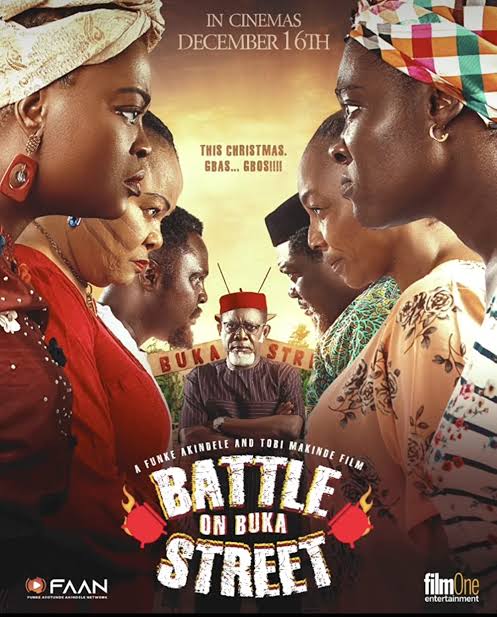

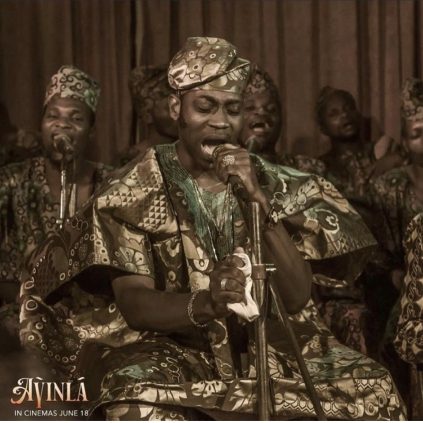
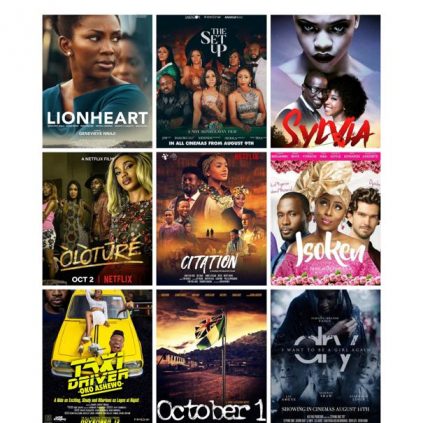




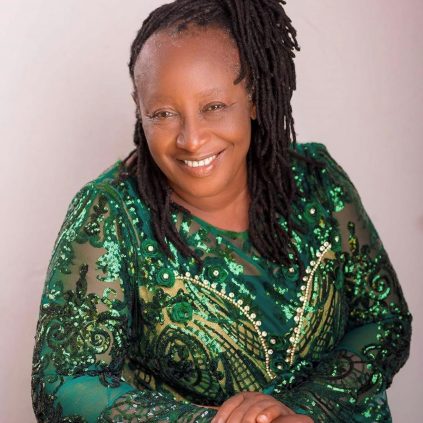
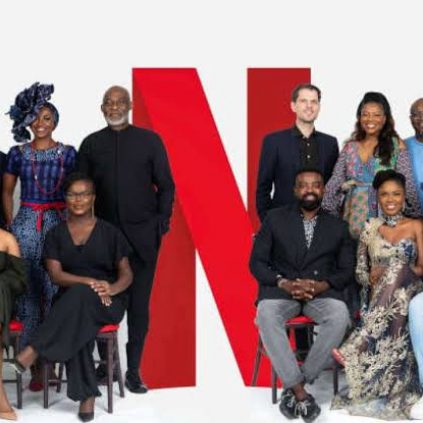
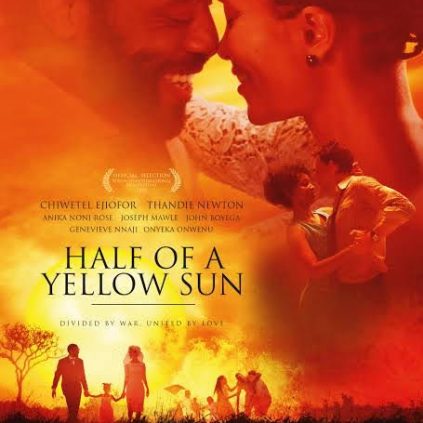

I like your review. Very apt. No lies.
I agree with the review.